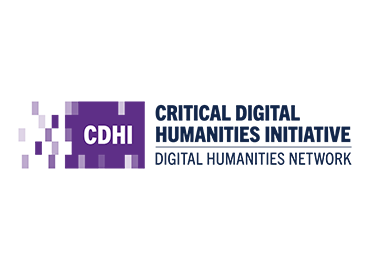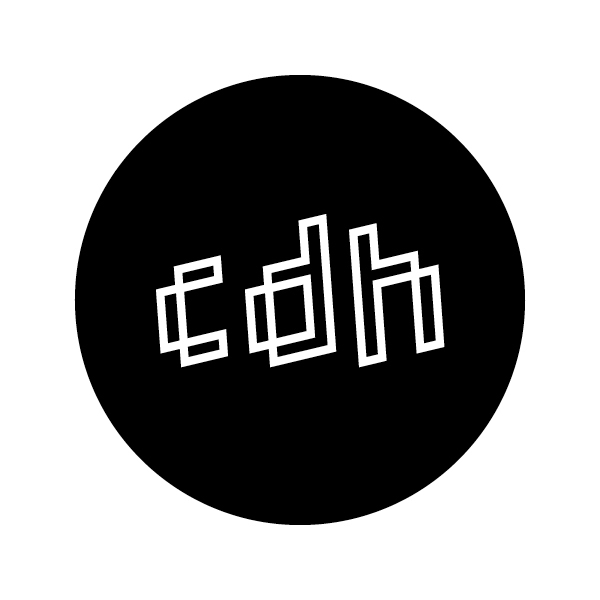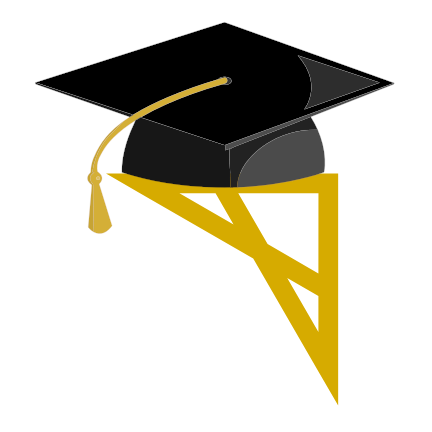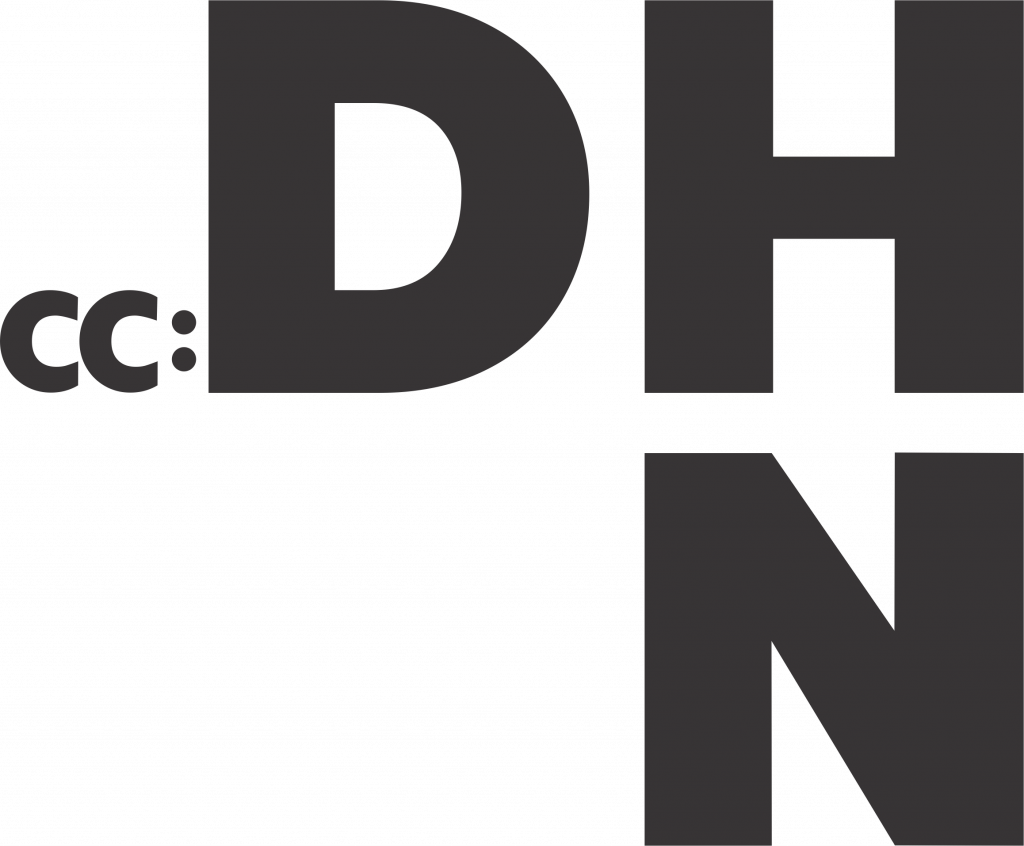
Create Your Academic Website: The WordPress Edition
Researchers and faculty doing DH work will inevitably need to display their research findings or create a portfolio of work. Our goal is to equip researchers with the knowledge and […]

Researchers and faculty doing DH work will inevitably need to display their research findings or create a portfolio of work. Our goal is to equip researchers with the knowledge and […]

Two parts: January 19 (10 am – Noon) and February 2 (10 am – Noon) This two-part workshop will bring together people working in the postsecondary sector (faculty, librarians, students, […]
![libraries_yu_PRIMARY_hor_CMYK[67]](https://ccdhhn.ca/wp-content/uploads/2024/02/libraries_yu_PRIMARY_hor_CMYK67.png)
Two parts: February 2 (10 am – 3 pm) and February 9 (10 am – 3 pm) This workshop, which takes place across two sessions on February 2nd and February […]

Are you ready to learn more about how artificial neural networks and machine learning techniques work? Join us to discover how these technologies can transform your teaching and research, opening […]
![libraries_yu_PRIMARY_hor_CMYK[67]](https://ccdhhn.ca/wp-content/uploads/2024/02/libraries_yu_PRIMARY_hor_CMYK67.png)
Citation analysis is a way of measuring the relative importance or impact of author, article, or publication, and explore links between them. Citation analysis can support the early stages of […]

Preservation of software with your research data is an important part of open research and will be a future requirement by the Tri-agencies for Data Deposit. In this introductory session, learn how you can apply research data management practices and FAIR data principles to software, and some best practices that will help you prepare for depositing the custom code and analysis scripts you use to generate and process your research data, and how these practices can help you now in developing and maintaining this work.
![libraries_yu_PRIMARY_hor_CMYK[67]](https://ccdhhn.ca/wp-content/uploads/2024/02/libraries_yu_PRIMARY_hor_CMYK67.png)
This practical workshop will introduce trends in scholarly publishing of particular relevance to graduate students and junior scholars in social science, arts and humanities. Techniques to increase the discoverability of […]

The sounds of data are all around us: from phone notifications to car horns to the whistle at a sports game. In this two-part workshop, participants will be introduced to the theory and practice of data sonification. We will briefly delve into the history of sonification and think through the unique ways that humans process and communicate sonic information. In the first session, through interactive exercises, like virtual sound walks, participants will be introduced to approaches and theories of listening to sound critically and reflectively.

Date: 12 February 2024 Are you interested in sharing your work and connecting with other academic or non-academic researchers using a free, open platform that combines features of social networking […]

Date: 12 February Need to create a map, but don’t know how? Have you been asked to analyze geospatial data and you are wondering where to start? This introduction is […]

Date: 13 February 2024 This session will serve as a walk-through demonstration of how to use the Data Management Plan (DMP) Assistant tool. A high-level overview of research data management […]

Date: 13 February 2024 This presentation will aim to provide a high-level overview of Canada’s research data management landscape, focusing on sensitive data involving human participants in the context of […]
